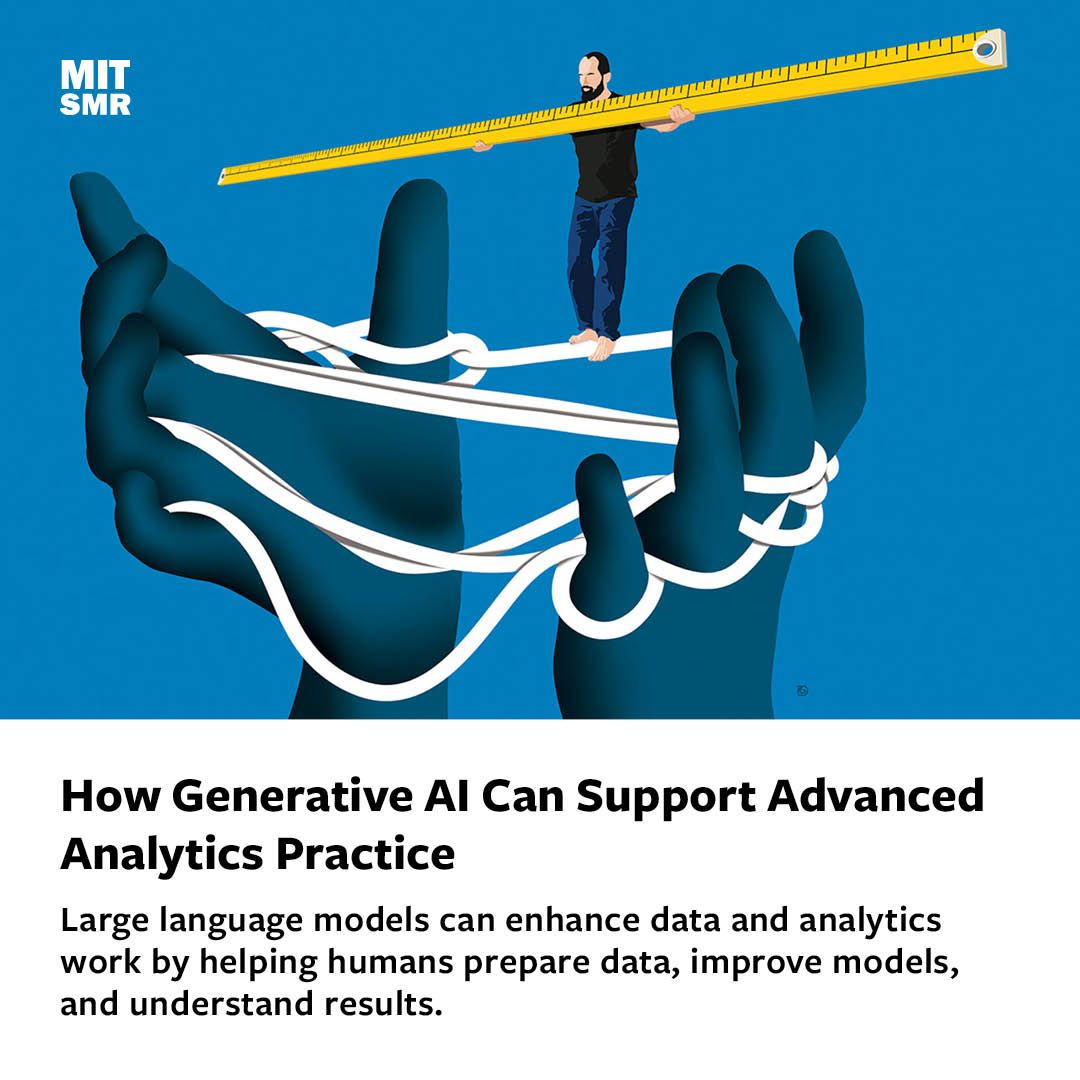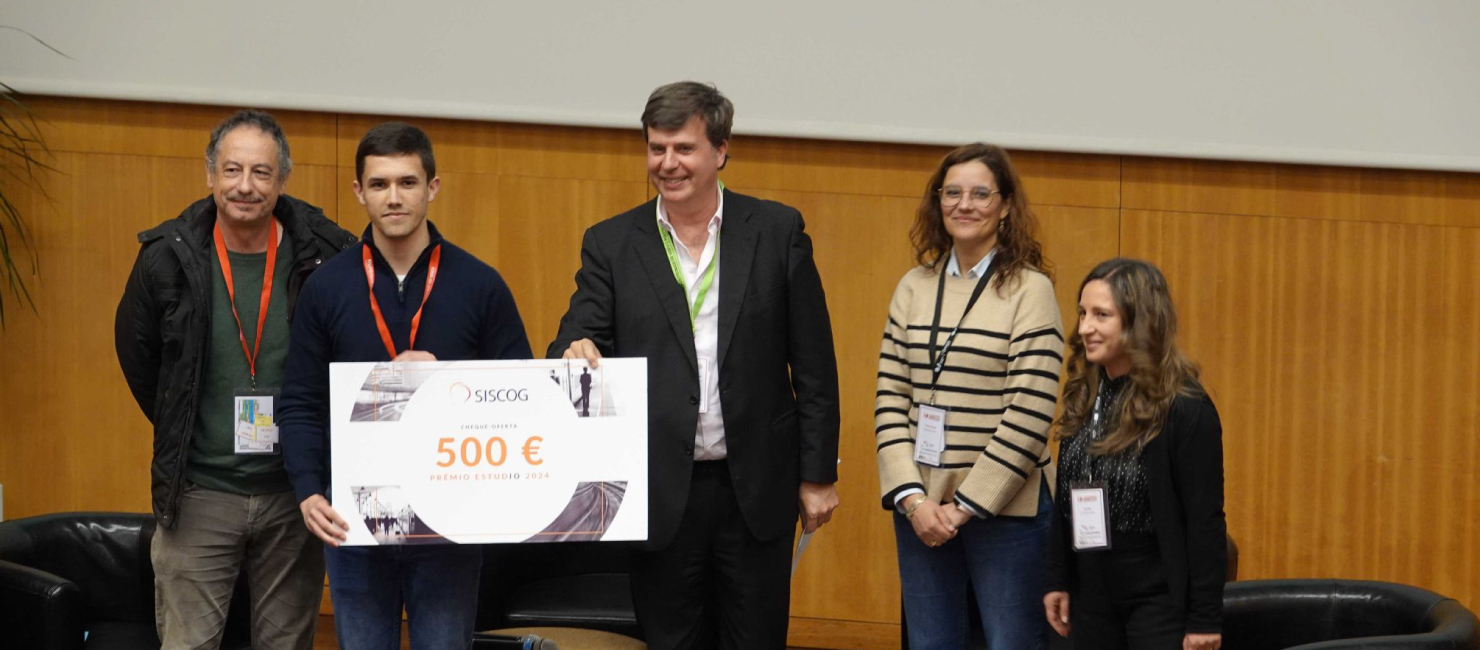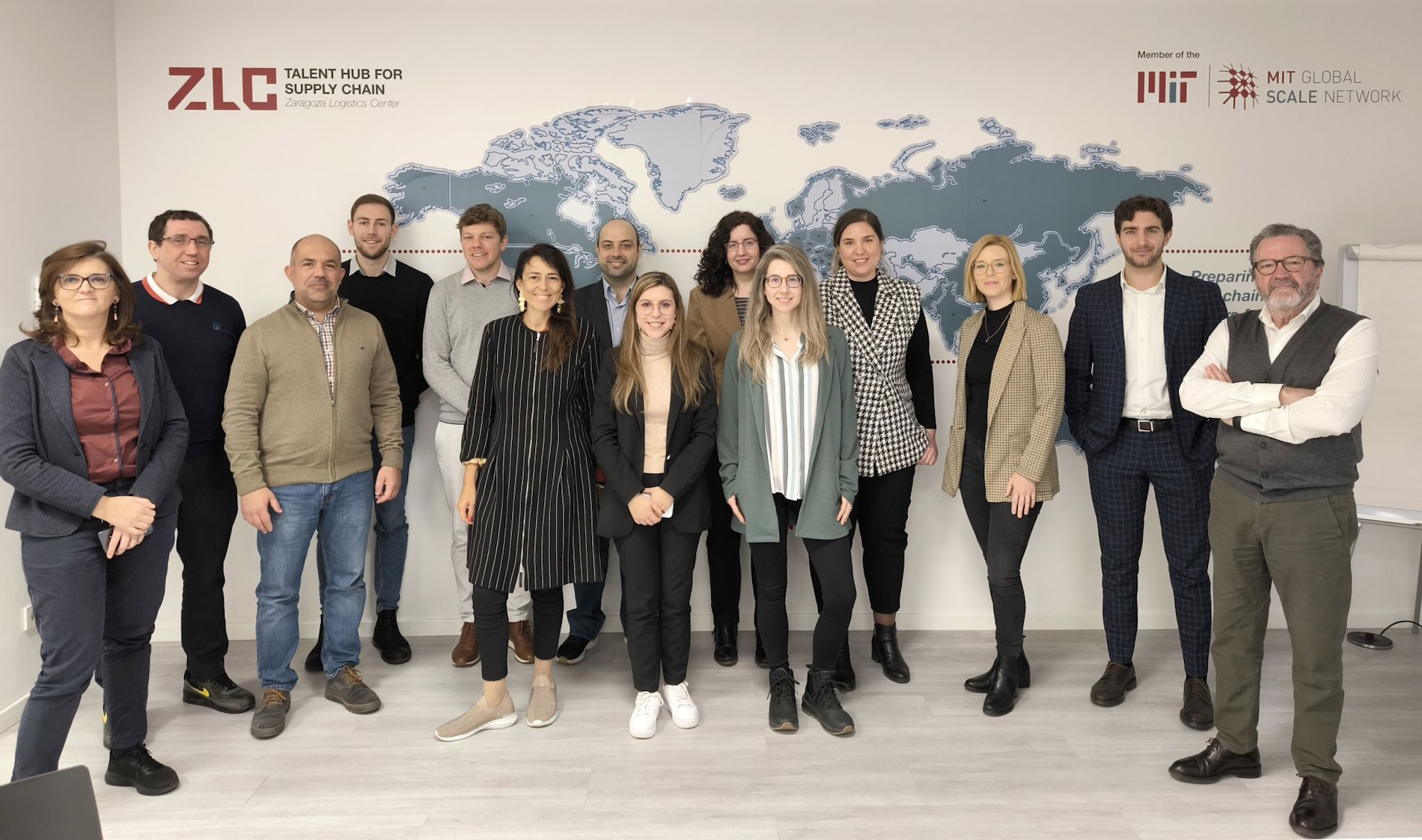Engenharia e Gestão de Sistemas
A investigação em Engenharia e Gestão de Sistemas procura fazer avançar o desenho, implementação e melhoria de sistemas de apoio à decisão, operações centradas no ser humano, inteligência, gestão tecnológica e inovação.
Os desafios significativos decorrem da otimização em organizações e redes complexas a múltiplos níveis, da conceção de serviços centrados no cliente e da gestão e política de inovação com base na tecnologia, visando melhorias no desempenho empresarial, produtividade, inovação, resiliência e sustentabilidade económica, social e ambiental.






